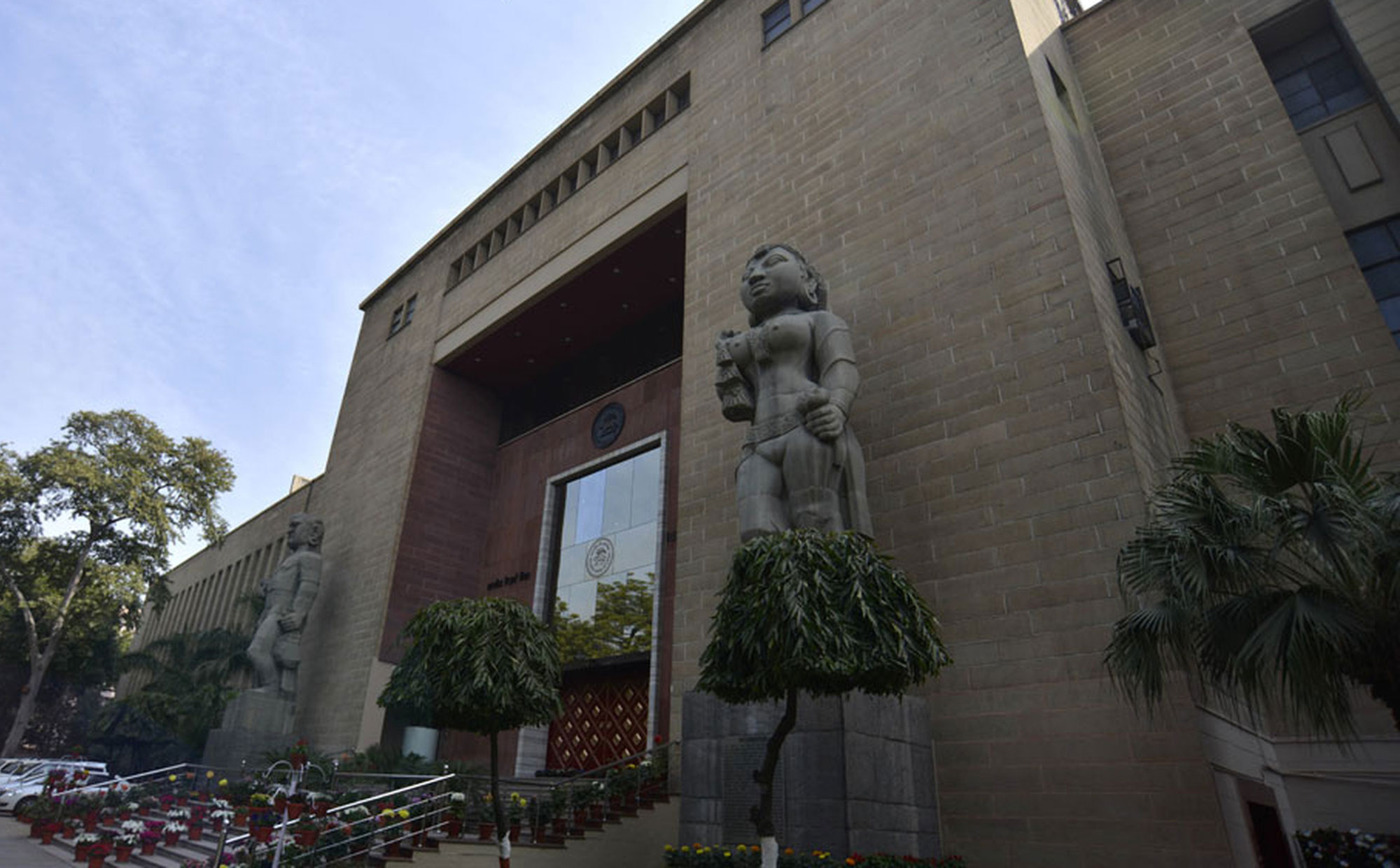The Reserve Bank of India (RBI) on Friday announced guidelines on co-origination of priority sector loans by banks and non-banking finance companies (NBFCs) with a view to increasing the flow of funds to various sectors that come under such lending.
The central bank had in its statement on developmental and regulatory policies (part of the third bi-monthly monetary policy) in August announced that all scheduled commercial banks (excluding regional rural banks and small finance banks) may co-originate loans with certain NBFCs (non-deposit taking-systemically important) for lending to the priority sector.
It had said the step was taken to provide the competitive edge for credit to the priority sector.
The banking regulator had then said that banks and NBFCs should also
involve sharing of risks and rewards between them for ensuring appropriate alignment of respective business objectives.
According to the norms issued by the RBI, the co-origination arrangement should entail joint contribution of credit by both lenders at the facility level.
“Based on the respective interest rates and proportion of risk sharing, a single blended interest rate should be offered to the ultimate borrower in case of fixed rate loans. In the scenario of floating interest rates, a weighted average of the benchmark interest rates in proportion to the respective loan contribution, should be offered,” it said.
The Reserve Bank feels that the benefit of low-cost funds from banks and lower cost of operations of NBFCs would be passed on to the ultimate beneficiary through the blended rate or weighted average rate.
“In this regard, banks/NBFCs shall provide all the information like loan details, including interest rate and other charges, details of risk sharing arrangement, as and when called for by the RBI,” it added.
The RBI further said the NBFC shall recommend to the bank, proposals which are found relevant for joint lending. Here, the lenders shall be entitled to independently assess the risks and requirements of the applicant borrowers.
The loan agreement would be tripartite in nature, wherein, both the bank and the NBFC will be parties as lenders to the loan agreement with the customer.
While foreign banks can also be part of the arrangement, the RBI said that loans extended by these lenders under the co-origination framework shall be restricted only to loans qualifying as priority sector assets.
With regard to grievance redressal, the central bank said that any complaint registered by a borrower with the NBFC or bank shall also be shared with the other. In the event that the complaint is not resolved within 30 days, the borrower would have the option to escalate the same with the concerned Banking Ombudsman or the Ombudsman for NBFCs.










